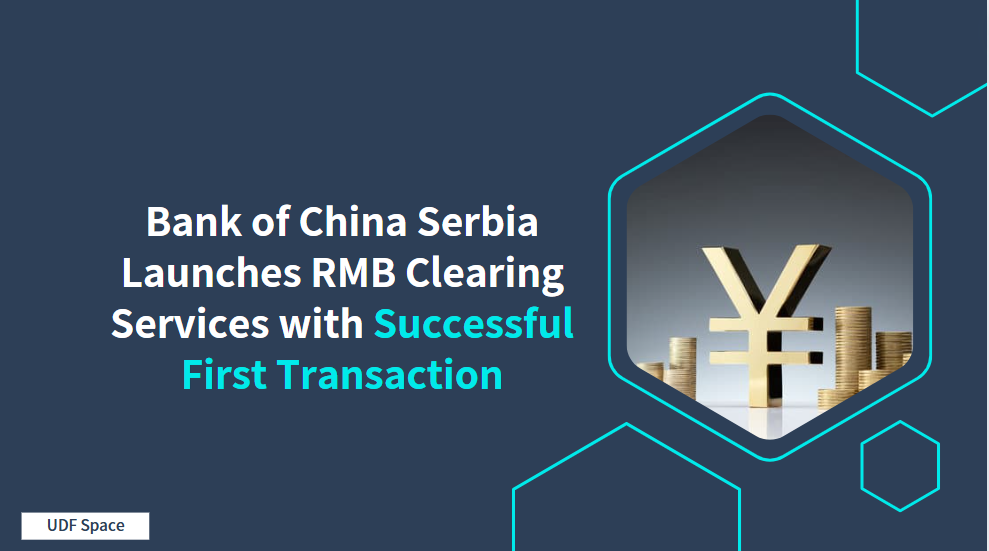China Unveils Comprehensive Plan to Advance Social Credit System
On June 4th, China's National Development and Reform Commission (NDRC) announced the release of the 2024-2025 Action Plan for the Establishment of the Social Credit System (hereinafter referred to as the "Action Plan"). The Action Plan outlines five major components comprising 17 specific measures aimed at enhancing the legal and regulatory framework for credit building, coordinating the development of credit infrastructure, and strengthening the sharing and application of credit information.
Accelerating Integration of Local Financing Platforms
A major highlight of the Action Plan is the acceleration of the integration of local financing credit service platforms. The plan mandates that each province will have only one provincial-level platform, and municipal and county-level platforms will be limited to one each. This integration will ensure that these platforms operate under unique names and single entities, all managed within a unified national network.
Wang Peng, Associate Researcher at the Beijing Academy of Social Sciences, emphasizes that this consolidation will increase the efficiency and effectiveness of financing services, particularly benefiting small and medium-sized enterprises (SMEs). This move will also bolster regulatory oversight and risk prevention, contributing to a safer financial environment.
Zhu Ke, Executive Director of the China Information Association and Founder of the National Institute of New Economics, notes that this integration will reduce redundant construction and information silos, improve the accuracy and efficiency of credit information, and foster regional economic development through enhanced cooperation among local platforms.
Enhancing Credit Information Sharing and Application
The Action Plan prioritizes the enhancement of credit information sharing and application. It aims to establish standardized and reliable credit records across sectors such as business registration, legal services, taxation, customs, finance, and intellectual property rights. Improved coordination mechanisms for credit information sharing will ensure high-quality data collection and sharing, aiding better decision-making and risk management.
The plan also advocates for "credit + " projects in key areas like healthcare, childcare, elderly care, housekeeping, tourism, and shopping. It encourages the use of credit scores to incentivize trustworthiness and proposes widespread adoption of credit reports over certificates of no illegal activities, fostering a favorable business and consumer environment.
Wang Peng highlights that these measures will mitigate risks from information asymmetry, enhance market transparency and efficiency, and protect consumer rights. Zhang Yue, Chairman of AoYo International Media, adds that these initiatives will provide more efficient financing services for enterprises, reduce financing costs, and enhance public confidence and satisfaction, thereby promoting healthy market development.
Strengthening Legal and Regulatory Framework
The Action Plan's first focus is on improving the legal and regulatory standards for credit construction. It includes accelerating the introduction of the "Social Credit Construction Law" and ensuring comprehensive provincial-level credit legislation. The plan also calls for regular updates to the national public credit information catalog and the list of disciplinary measures for dishonesty, aiming to enhance the authority and deterrent effect of these lists. Furthermore, it emphasizes the protection of credit subjects' legal rights by regulating the permissions and procedures for querying and using credit information.
Wang Peng underscores that the social credit system is fundamental to the market economy, essential for maintaining market order and promoting economic development. The continuous efforts to enhance the legal framework reflect the government's commitment to fostering a fair and transparent market environment.
Coordinating and Advancing Credit Infrastructure Construction
The plan outlines measures to optimize the functions of credit information platforms. It calls for strengthening the national credit information sharing platform, forming a network that covers all credit entities, information categories, and regions. The establishment of the third phase of the national credit information sharing platform is expected to further optimize credit data governance, improve data quality, and enhance the credit report inquiry experience.
The integration of local financing credit service platforms is seen as a solution to the issues of quantity, dispersion, and non-interoperability of current platforms, which hinder financing efficiency and waste resources. By improving the concentration and efficiency of financing services, the integrated platforms will better meet the financing needs of SMEs and enhance financial safety through improved regulation and risk management.
Promoting Credit for Convenience and Enterprise Benefit
The Action Plan encourages local governments to explore the use of "credit points" to expand trustworthiness incentives in key fields like healthcare, childcare, elderly care, housekeeping, tourism, shopping, and travel. It promotes the replacement of proof of no prior violations with credit reports, and the organization of activities to foster a positive business and consumer environment.
Wang Peng notes that strengthening credit information collection, sharing, and application reduces the risks associated with information asymmetry, increases market transparency and efficiency, and protects consumer rights. Zhang Yue adds that these measures will provide more convenient and efficient financing services for enterprises, reduce costs, and enhance public confidence and satisfaction, thereby promoting a healthy market environment.
In conclusion, the 2024-2025 Action Plan represents a significant step forward in the development of China's social credit system. Its comprehensive approach to legal, infrastructural, and information-sharing enhancements aims to create a more efficient, transparent, and trustworthy market environment.













































First, please LoginComment After ~